Blog: Be Vulnerable. Be Adaptive.
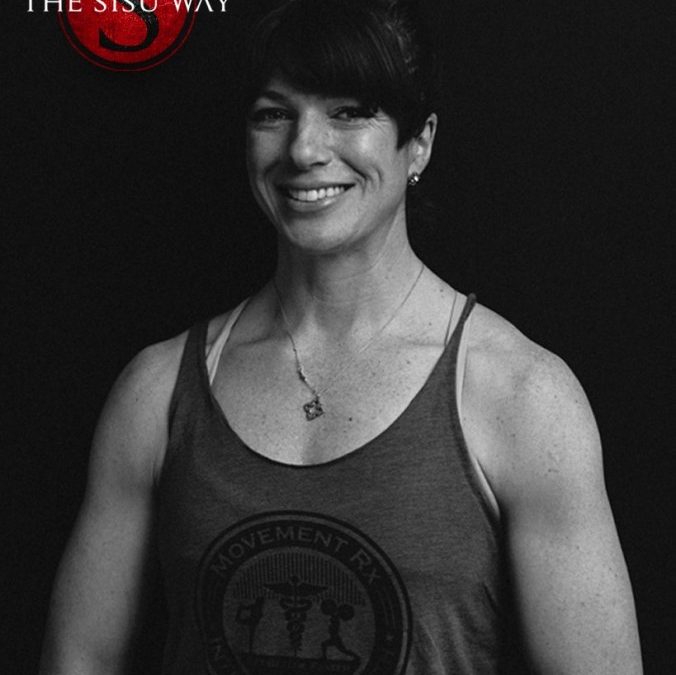
The Sisu Way Podcast: Finding Strength in Struggle
Trigger Warning: This episode contains conversation about eating disorders. Welcome to The Sisu Way, Episode 32, Finding Strength in Struggle! Today I’m welcoming Dr. Theresa Larson, DPT (Dr. T) who is a mom, wife, sister, friend, and TEDx Speaker who happens to be a...
read more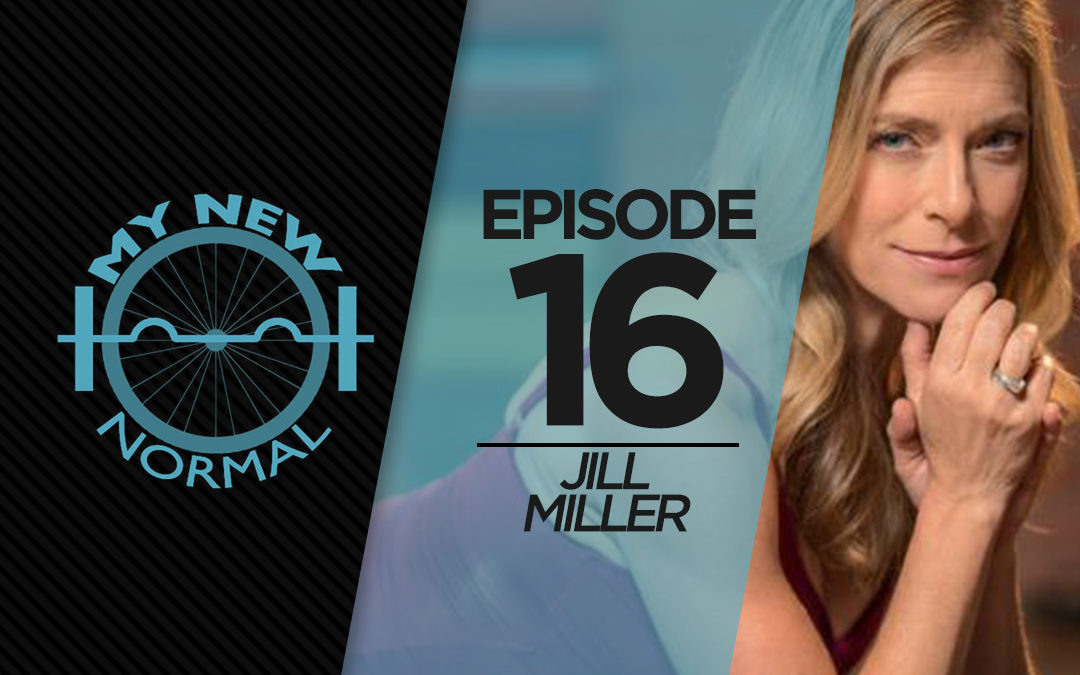
S1E16 | Jill Miller- Co-Founder of Tune Up Fitness, Her Pain Journey and the Birth of Roll Model
Jill Miller is the co-founder of Tune Up Fitness Worldwide and creator of the self-care fitness formats Yoga Tune Up and The Roll Model Method. Her company produces products and tools that help people deal with pain management by incorporating fitness, yoga, massage,...
read more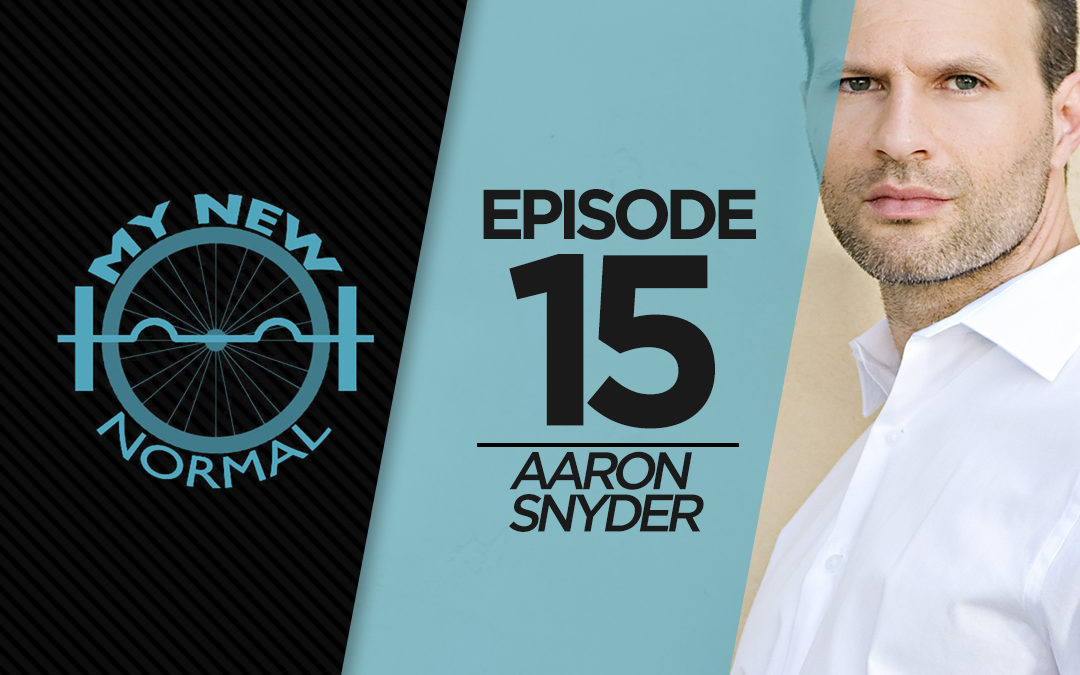
S1E15 | Aaron Snyder- Thriving After Abuse & Being Diagnosed with Maturity Onset Diabetes of the Youth (MODY)
Aaron Snyder is the author of the book 'The New Diabetes Prescription: The Diet, Exercise, and Mindset Revolution' which helps diabetics manage to eat, alternatives to weight-gain inducing prescriptions, and exercise among others. Prior to his success, Aaron...
read more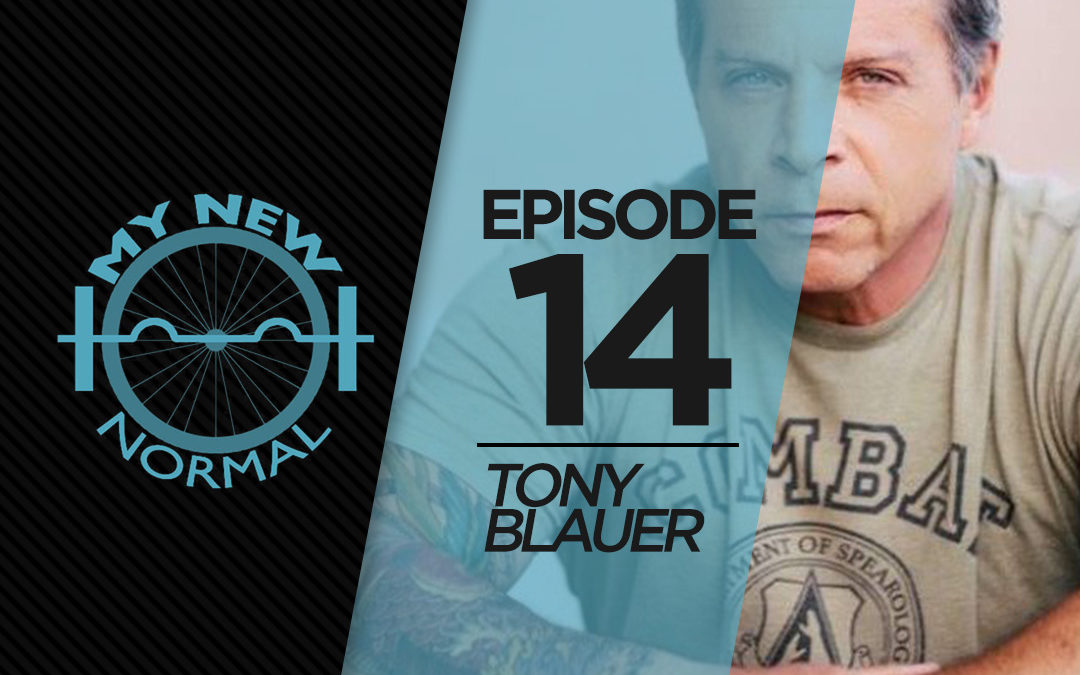
S1E14 | Tony Blauer- on Knowing Fear & Plan B Training with Stenosis
Tony Blauer is the founder of the SPEAR System, a close quarter protection system that uses a person's reflexes for self-defense. In other words, Tony teaches people how to use their innate survival instincts so it can be used in life-threatening situations for...
read more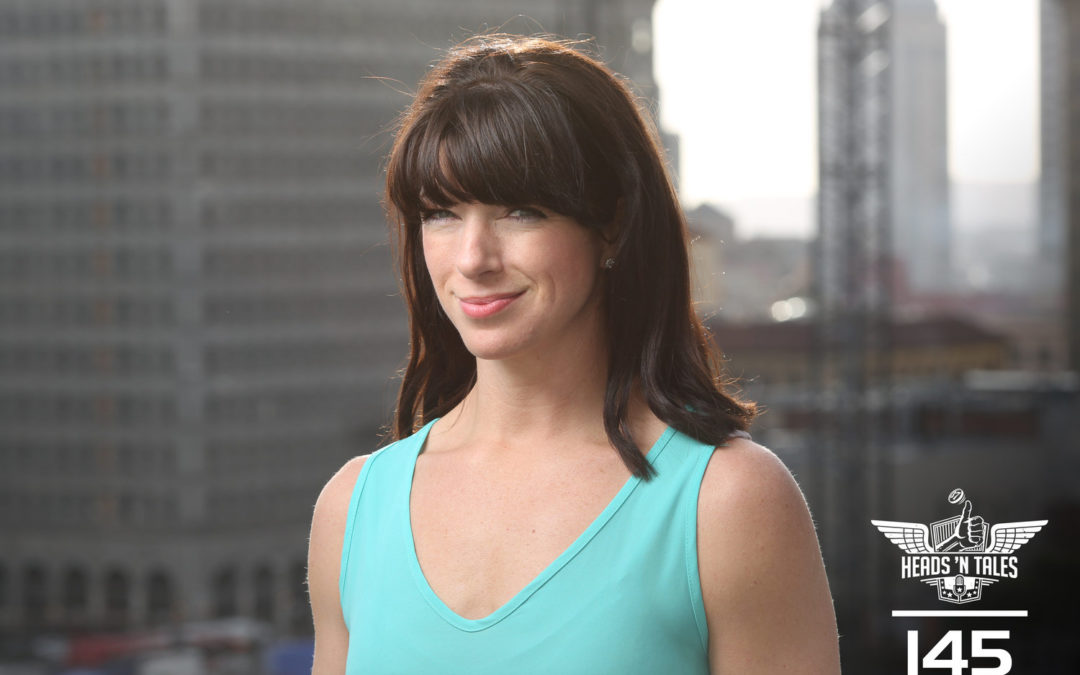
Head and Tales Podcast: Embracing Your New Normal
Trigger Warning: this episode contains discussion of eating disorders. Dr. Theresa Larson (Dr. T) is the president of Movement RX, host of the “My New Normal” podcast, author of the book “Warrior: True Strength isn’t always what it looks like,” former Marine Corps...
read more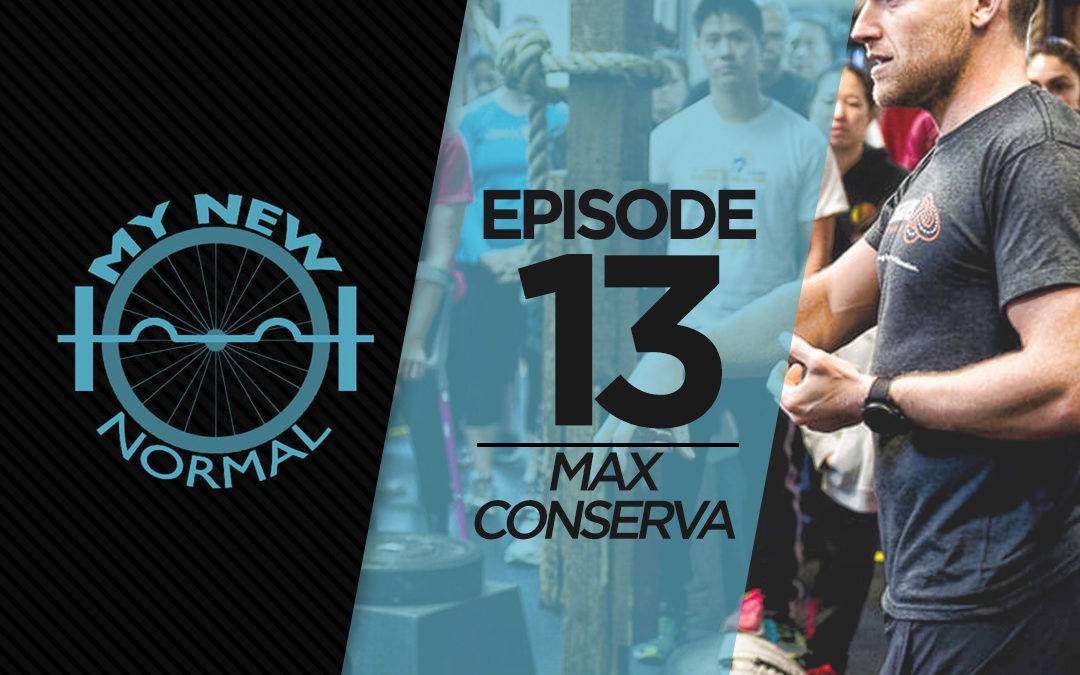
S1E13 | Max Conserva- on Being A Master of His Condition
Max Conserva was born and raised in California who's living a normal life when a tragedy struck. He was hit by a semi-truck as a kid which left his legs broken. Through many medical efforts of making his legs work normally again, they just became deformed which gave...
read more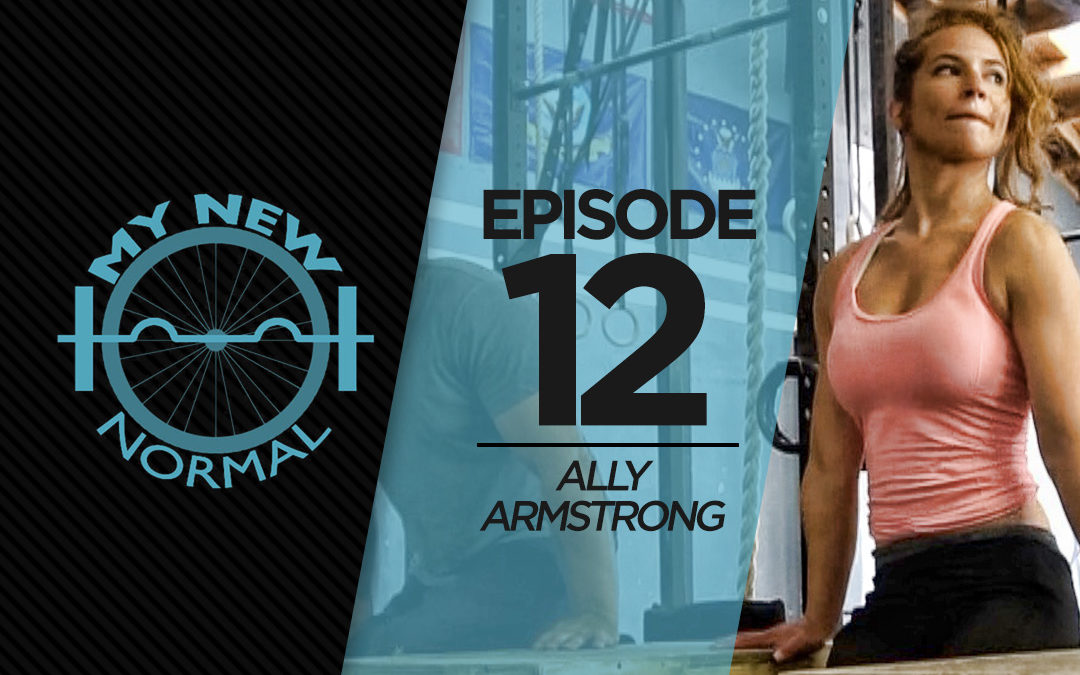
S1E12 | Ally Armstrong- CrossFit & Being a Health Professional from a Wheelchair
Please welcome Ally Armstrong to My New Normal podcast! Ally is originally from Pennsylvania, but just recently moved to the San Diego area. She’s an Occupational Therapist and is starting work at a local school, as well as finding new hobbies to get involved in....
read more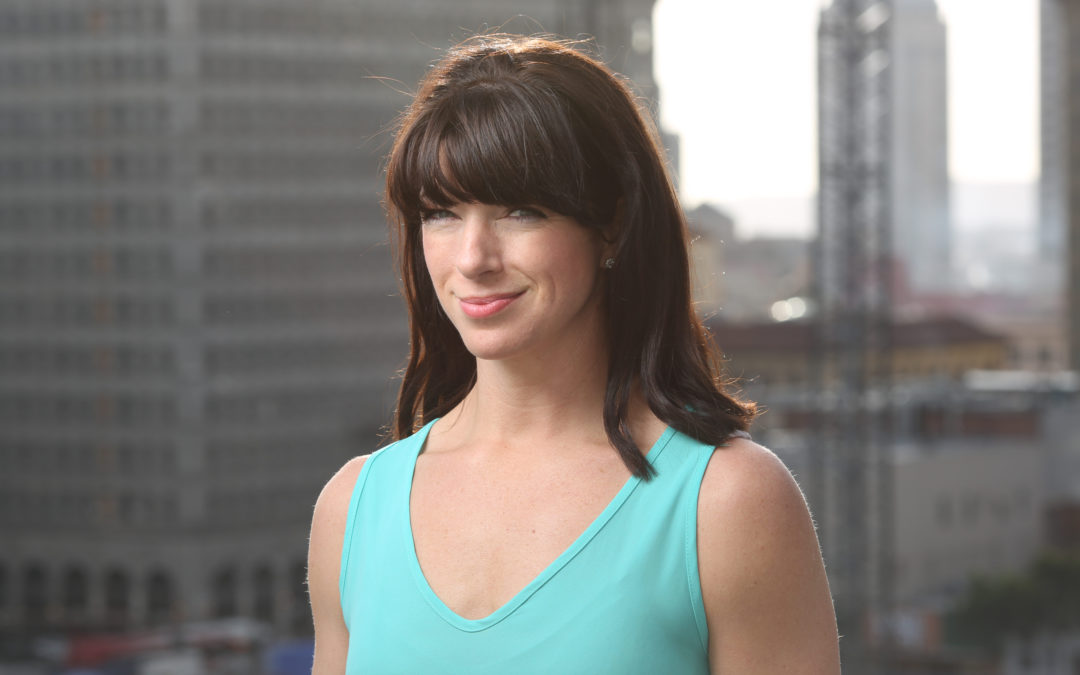
Healthy Habits San Diego Podcast
On this episode we’re talking with Dr. Theresa Larson, mother, Veteran, Physical Therapist, and Warrior! We’re breaking down how she got to where she is after getting out of the marines, movement as medicine, and so much more! Dr. Theresa Larson (Dr. T) had a variety...
read more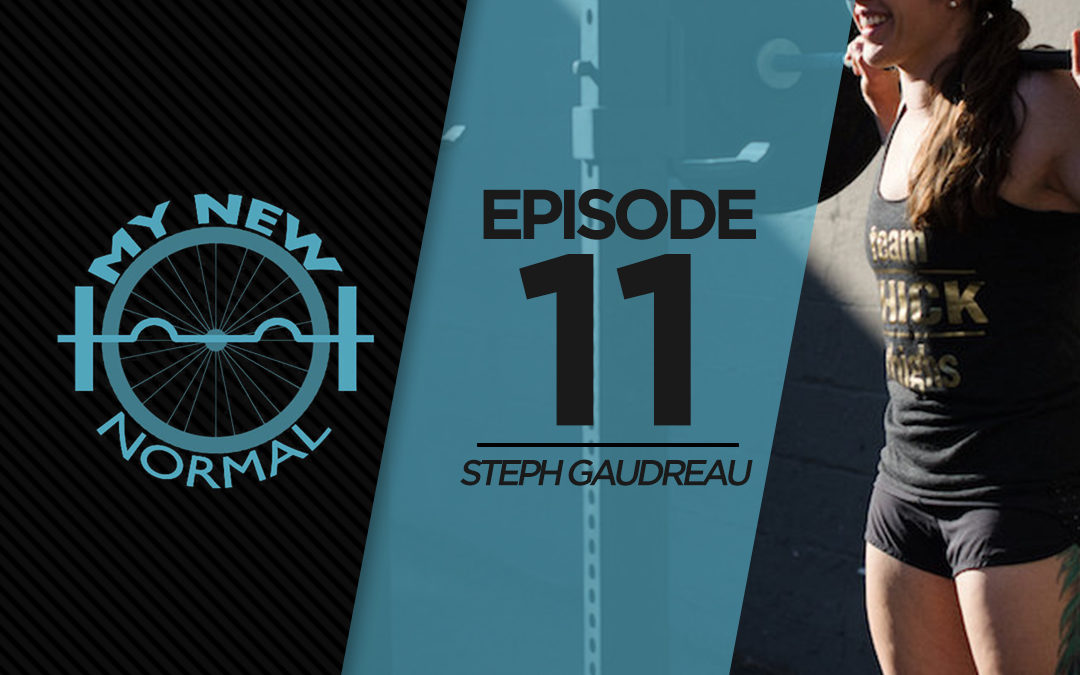
S1E11 | Stephanie Gaudreau – on Body Dysmorphia, Complete Job Change, and Sensitivity
Trigger Warning: this episode contains discussion of body dysmorphia and eating disorders. Joining me today is Steph Gaudreau, formally stupideasypaleo, my good friend, colleague, and mentor. Steph and I met through a mutual friend several years ago and she hosted me...
read more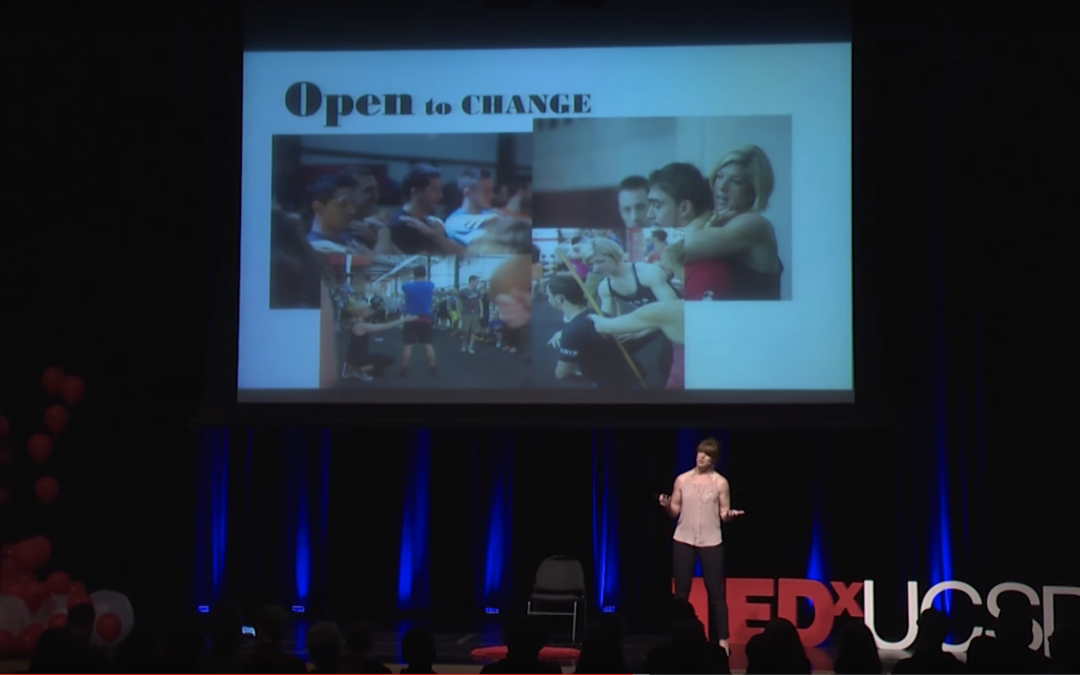
TEDx UCSD Speech on What Being a Warrior Really Means
How many of you think that you’re a warrior? You may think that you’re not but the definition of being a warrior is taking ownership of your life. Being resilient. Being adaptive. Changing. Who we are as humans is what makes us warriors. 12 years ago, I was 24 years...
read more

